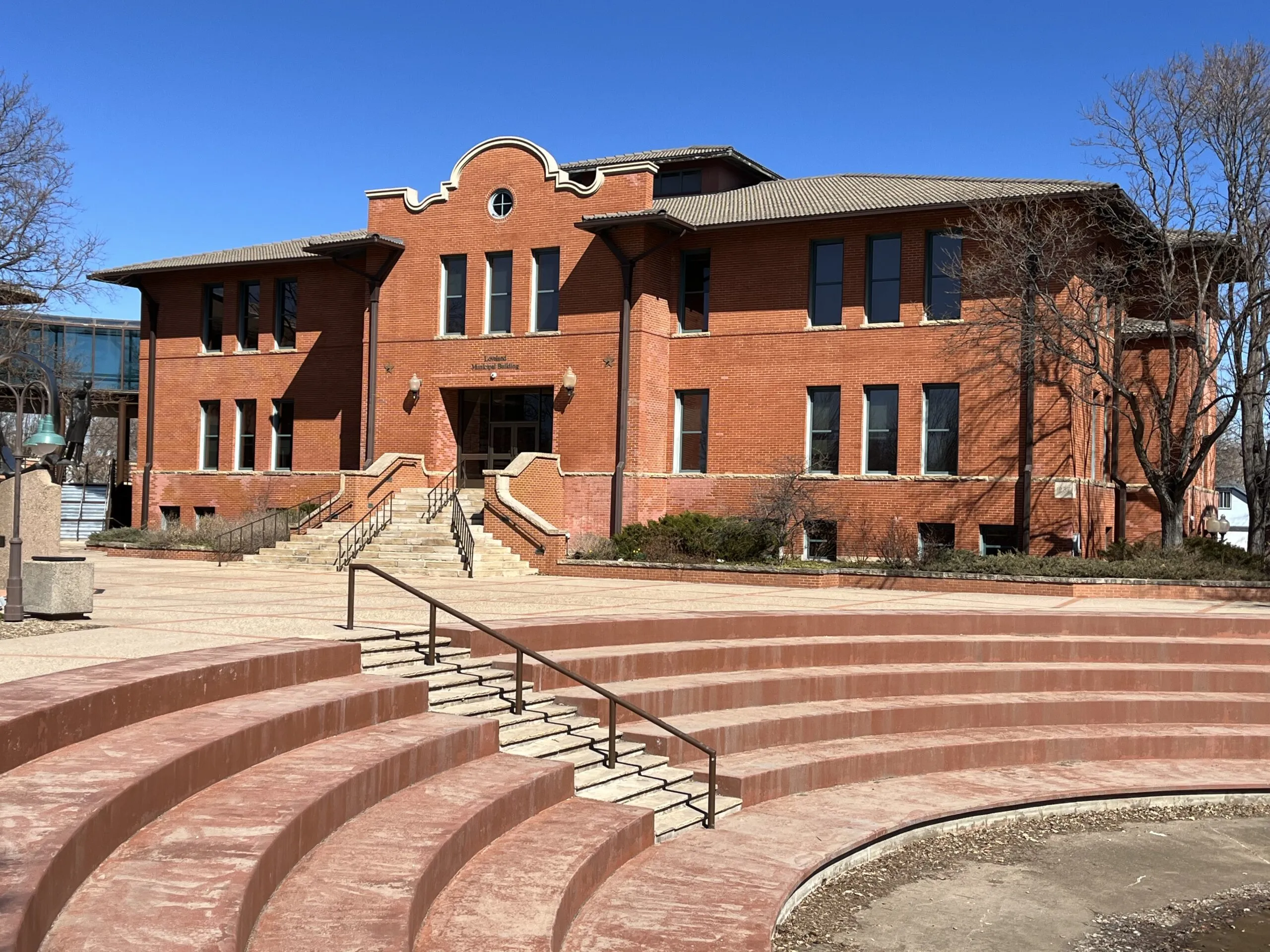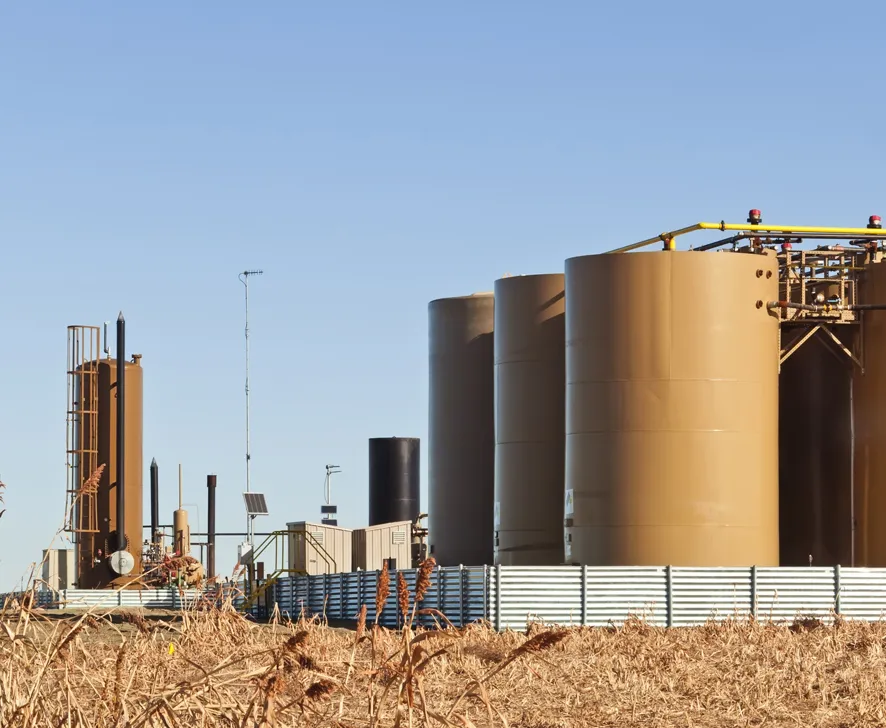Loveland likely to extend moratorium on oil and gas drilling

The Loveland City Council directed city staff how to proceed in creating a process for gathering public input in order to revise the city’s oil and gas regulations.
THIS ARTICLE IS FOR SUBSCRIBERS ONLY
Continue reading for less than $3 per week!
Get a month of award-winning local business news, trends and insights
Access award-winning content today!
Already have a paid subscription?




